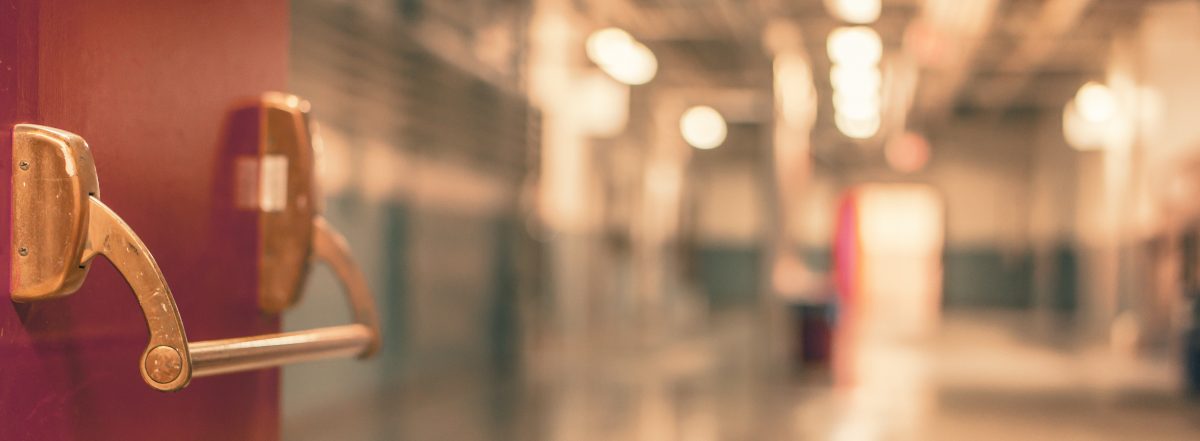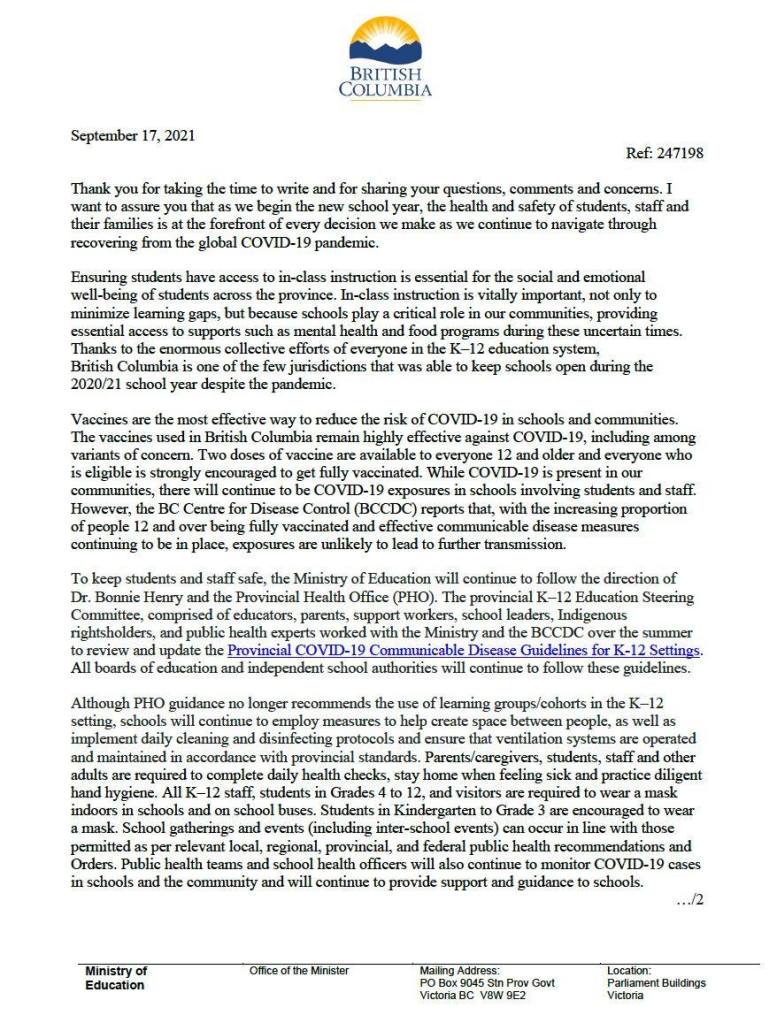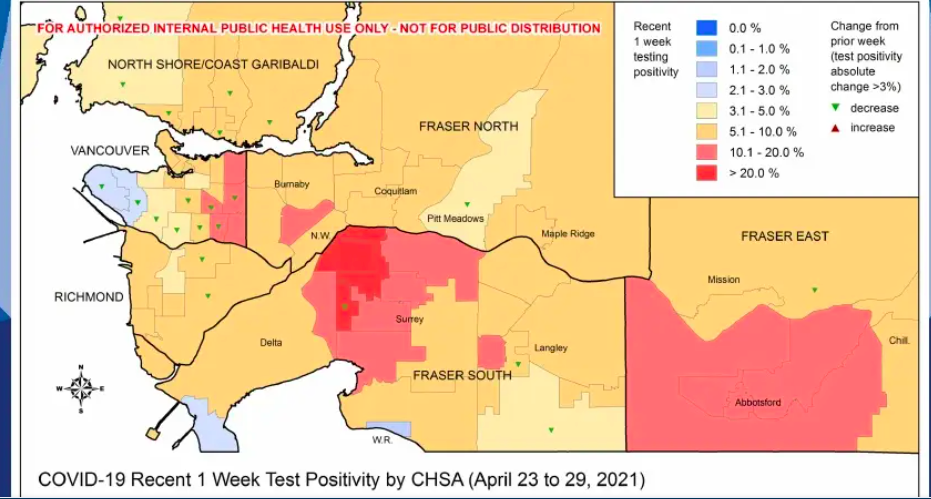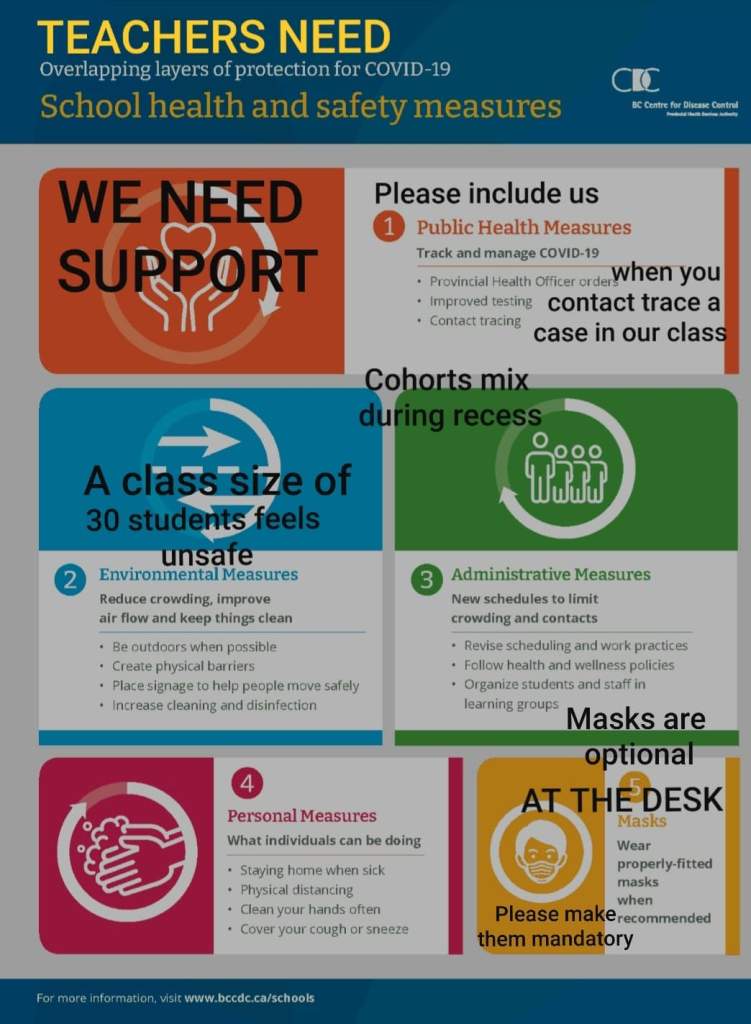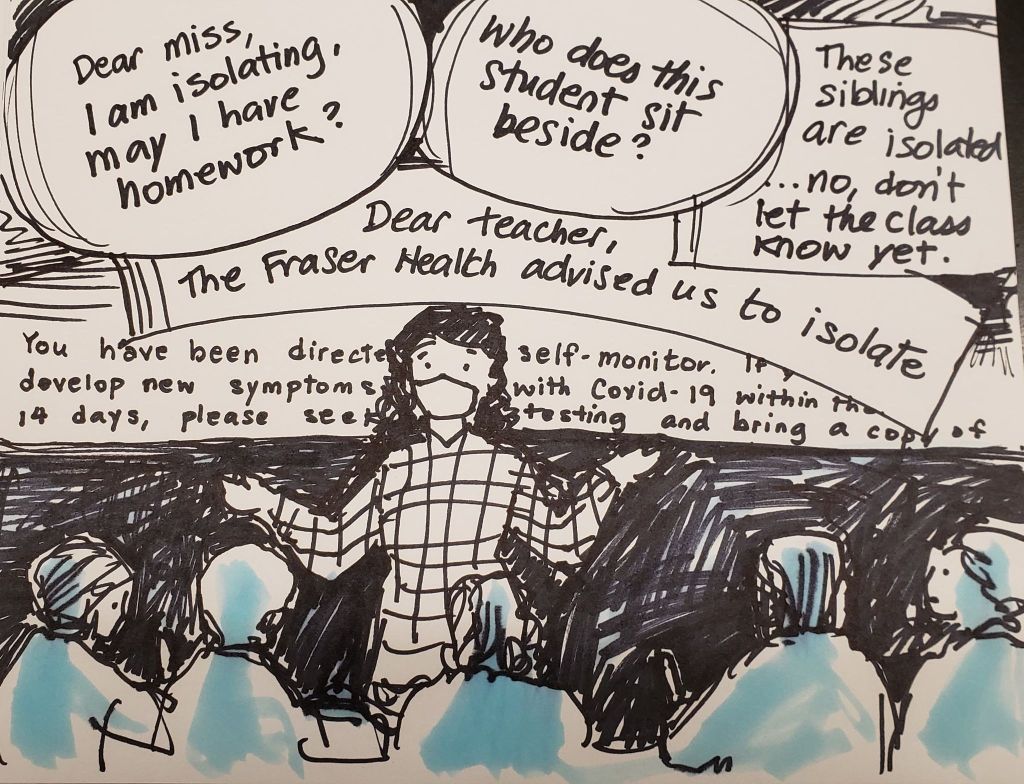Dear Elementary Teacher-Librarians in Surrey,
I’m sorry that so many of you are experiencing distress about the Surrey School District’s recent decisions regarding your work. But, perhaps it was inevitable that a Board with a history of banning books would make a decision to decrease the amount of time elementary teacher-librarians had to encourage children to read books about the world. Wasn’t the writing on the wall a long time ago?
How else to explain the frustrating positions you find yourself in now? Months after being lauded for winning a prestigious national award, the very work that you did to win that award is being undermined by your employers!
Not only have they reduced the time that you will have to collaborate with classroom teachers and students next year but you were recently forced to fight for your current positions or to bump each other out of positions. You were faced with the awful dilemma of either settling for a smaller work contract or displacing a colleague from their position.
What an invidious situation to have been in. It must have kept you up at night.
But there is a simple solution to this agonizing situation: don’t be awesome.

Image courtesy N. Hurtubise
Long before you won the Canadian School Libraries award, your awesomeness led you all to create Surrey Schools One at the start of the pandemic providing desperately needed support for teachers’ and administrators’ technology needs, curating online curriculum resources, creating slide presentations, and teaching online digital citizenship lessons.
But all that work clearly had no impact on the way your skills were valued when decisions were made about the implementation of the extra ten minutes of prep time for elementary teachers that was recently negotiated between the BCTF and government.
So don’t be awesome.
You might as well post your teacher-librarianship diploma and your Master’s in Library Science on your dining room wall as interesting pieces of art. They’d make good conversation pieces when your friends ask you how you apply what you learned in Surrey’s elementary schools. Starting in September 2023, you won’t be able to.
The strategies you gained in the classes you took on learning to collaboratively plan inquiry-based units of study with classroom teachers will be unused. You won’t have time to do much anyway! Most of you will only have 20 mins a day to select quality resources and manage collections that support the curriculum and reflect the schools’ diversity while creating lifelong learners and independent readers. Even your awesome skills can’t make it possible for you to do all that in only 20 mins a day.
The District clearly doesn’t mind that they spent $30,000 on upgrading school libraries to be collaborating spaces only to turn them back into book exchange spaces a few years later.
Libraries just being book exchanges is what is probably most familiar to Surrey School Board Trustees who likely last used the services of an elementary school librarian over 60 years ago when school libraries were silent spaces where books were quietly exchanged. All this new fangled stuff about 3D printing and film editing happening in elementary school libraries is just too 21st century. So different from the 1950s!
Trust me, worrying about not being able to prepare students for being adults in the 21st century is above your pay grade. Let those worries go. If the Board thinks 20th century style libraries are good enough for students, well, who are we to argue?
20th century librarians were not:
- Tech liaisons,
- SOGI Leads,
- New teacher mentors,
- Safe Harbour hosts,
- D&D Dungeon Masters,
- Rainbow Club coordinators,
- Anti-racism Leads,
- Coding Club captains,
- Book Club advisors,
- Student Leadership supervisors,
- Diversity Club sponsors,
- Reading Link Challenge supporters, and
- Social & Climate Justice Club organisers.
20th century librarians didn’t squeeze innovative learning activities into lunch times, recesses and before/after school hours.
Be a 20th century librarian!
Forget what you learned in your librarian training, that libraries should be a welcoming, inclusive and safe place for all students, that they should be the heart of the school. Why do elementary schools need a ‘heart’ anyway?
Give yourself a break because I know you’re exhausted by having to explain to people what a red herring argument the District is now making about ensuring that 50% of your time is set aside for collaboration and administration tasks. That’s a distraction from the fact that this year many of you have about 800 minutes of collaboration and administration time each week but will only have 400 minutes per week next year.
The red herring argument relies on the public not being aware that you’ll have much less time for intermediate students’ book exchanges. Who cares if 9 – 13 year olds who are only beginning to understand the way the world works get any intelligent advice on books to read? I mean they’ve got Google right?
I wonder what parents will do once they find out next year that book talks, ADST lessons, Makerspace, inquiry projects, author visits, Surrey Schools Book awards, and literature circles may not happen due to the District’s decision?
I hope they ask Trustees about why they made this horrible decision to decrease the amount of time you will have to encourage young children to learn about the complex and complicated world they’ll inherit.
You keep doing this critically important work so well that you keep winning awards, as four of you did just last week!
If only your being award-winning librarians mattered to the powers that be. It clearly doesn’t.
I’m so sorry.
Sincerely,
Lizanne
A Fan Of Teacher-Librarians
